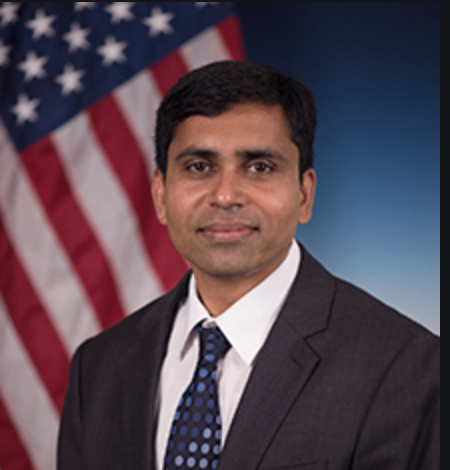 2020 Summer Lecture Series
2020 Summer Lecture Series
 2 0 2 0 L E C T U R E S E R I E S
2 0 2 0 L E C T U R E S E R I E S 
This summer we have a jam-packed lecture series featuring presenters with wide-ranging expertise in multiple disciplines on Vanderbilt's campus and globally. Be sure to "Save-the-Date" for these exciting talks. They will provide an excellent opportunity to get exclusive insight into the projects that we here at VU-ISIS (and other departments) are working on and affiliated with.
2020 SCHEDULE
Wednesday, June 17: Peter Volgyesi (Recording found here)
(Slides found here)
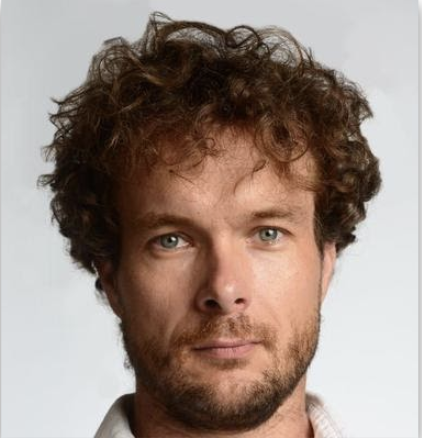 |
Peter Volgyesi is a Research Scientist at Vanderbilt University interested in wireless sensors, low-power hardware design, software-defined radios, signal processing, and sensor fusion. He worked on several practical applications for detecting and localizing gunshots, time synchronizing and localizing low-power devices. He was also involved in the design and development of collaborative modeling tools.
Between 2013-2019 his team was highly successful in the DARPA Spectrum Challenge and Spectrum Collaboration Challenge, winning first prizes multiple times. |
Thursday, June 18: David Hess & Dasom Lee (Recording found here)
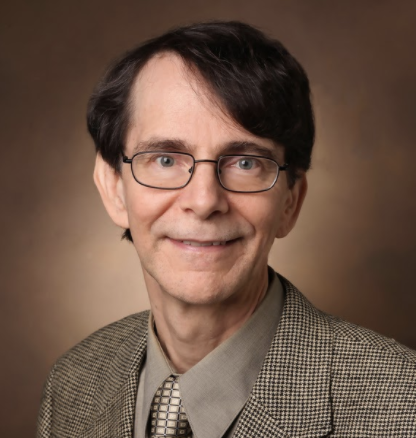 |
David Hess is a professor in the Sociology Department at Vanderbilt University, Associate Director of the Vanderbilt Institute for Energy and Environment, Director of Environmental and Sustainability Studies, and Director of Undergraduate Studies for the Sociology Department. His research and teaching is on the sociology, anthropology, and policy studies of science, technology, health, and the environment. He is the recipient of the Robert K. Merton Prize, the Diana Forsythe Prize, the Star-Nelkin Prize (shared with coauthors), the William H. Wiley Distinguished Faculty Award, and the General Anthropology Division Prize for Exemplary Cross-Field Scholarship. He has been a Fulbright scholar and the PI and Co-PI on grants from the National Science Foundation, National Institutes of Health, and FIPSE. |
 |
Dasom Lee uses quantitative methods to communicate and collaborate with policy scholars, engineers, and computer scientists. She majored in Sociology at the London School of Economics and subsequently moved to Japan and earned her master’s degree in Economics at Kyoto University. She is currently a PhD candidate in Sociology at Vanderbilt University with a minor in Quantitative Methods. Her research falls along two lines of inquiry: (1) how corporations and other social actors should pursue responsible innovation and (2) how new and emerging cyber-physical systems such as smart meters, transactive energy, and connected and automated vehicles change discourses around policy and innovation. |
Wednesday, June 24th: Alexander Pretschner (Recording found here)
(Slides found here)
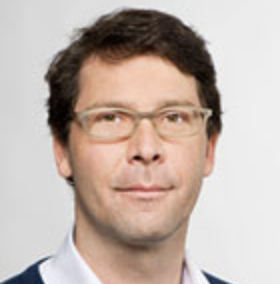 |
Alexander Pretschner has been founding director of the Bavarian Research Institute for Digital Transformation since 2018. Since 2016 he has served as scientific director and since 2019 spokesman of the scientific board of fortiss, the Bavarian state research institute for software-intensive systems and services. The research area of Professor Pretschner is software and systems engineering. His main focus is on testing and information security. Professor Pretschner studied computer science at RWTH Aachen and at the University of Kansas where he was a Fulbright grant recipient. After obtaining his doctorate at TUM, he worked as a senior researcher at ETH Zurich for five years. He then moved on to head a research group at the Fraunhofer Institute for Experimental Software Engineering in Kaiserslautern. Parallel to this he was an adjunct associate professor at TU Kaiserslautern, and was a full professor at Karlsruhe Institute of Technology prior to joining TUM in 2012. |
Wednesday, July 1: Dan Work (Recording found here)
(Slides found here)
 |
Dan Work is an associate professor in the Department of Civil and Environmental Engineering, the Department of Electrical Engineering and Computer Science, and the Institute for Software Integrated Systems at Vanderbilt University. Prof. Work has research interests in transportation cyber physical systems and transportation data analytics. He currently serves as associate editor of IEEE Transactions on Intelligent Transportation Systems and Transportation Research Part C – Emerging Technologies, and is a member of the IEEE Technical Committee on Cybernetics for Cyber-Physical Systems. Prof. Work has received a number of honors and awards including being named to the list of 2018 Pioneers by Connected World, a 2018 Gilbreth Lecturer by the National Academy of Engineering, and a UIUC CEE Excellence Faculty Fellow in 2016. |
Wednesday, July 8: Taylor Johnson (Recording found here)
(Slides found here)
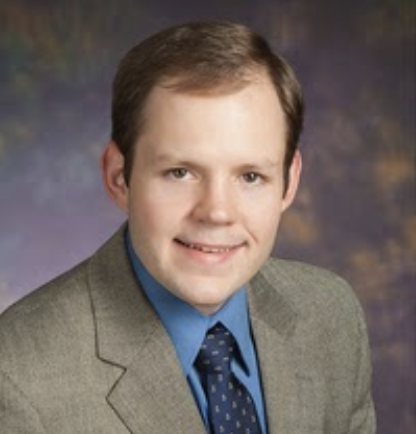 |
Taylor Johnson is an Assistant Professor of Computer Engineering (CmpE), Computer Science (CS), and Electrical Engineering (EE) at Vanderbilt University, where he directs the Verification and Validation for Intelligent and Trustworthy Autonomy Laboratory (VeriVITAL) and is a Senior Research Scientist in the Institute for Software Integrated Systems (ISIS). Taylor's research focus is developing formal verification techniques and software tools for cyber-physical systems (CPS). Taylor has published over four-dozen papers on these methods and their applications across CPS domains two of which were recognized with best paper awards, from the IEEE and IFIP, respectively, and one of which was awarded an ACM Best Software Repeatability Award. |
Wednesday, July 15: Aniruddha Gokhale (Recording found here)
(Slides found here)
 |
Aniruddha "Andy" Gokhale is a professor of Computer Science and Computer Engineering at Vanderbilt University. His research focuses primarily on solving systems-level challenges by designing and implementing innovative algorithmic solutions incorporating elegant software engineering principles, such as design patterns, domain-specific modeling and generative programming. His current projects include “DDDAS-as-a-Service: Dynamic Resource Management Algorithms and Systems Software for an Infosymbiotics Hosting Platform,” for the AFOSR Dynamic Data Driven Applications Systems (DDDAS) program and “Spatio-Temporal AI Inference Engines for System-Level Reliability,” for Cisco. |
Wednesday, July 22: Daniel Balasubramanian (Recording found here)
(Slides found here)
 |
Dr. Daniel Balasubramanian is a research scientist at VU-ISIS at Vanderbilt University, and an adjunct assistant professor of Computer Science in the EECS department. His research interests include symbolic execution, code analysis, the lightweight application of formal methods and analysis to model-based development. He is currently working on a dynamic symbolic execution engine for JAVA and teaching an undergraduate course on operating systems. In past he has worked on the DARPA STAC program, the Microsoft FORMULA tool, the DARPA F6 project, the Graph Rewriting and Transformation tool, and the Universal Data Model. Balasubramanian received his PhD in computer science from Vanderbilt University. |
Thursday, July 23: Gautam Biswas (Recording found here)
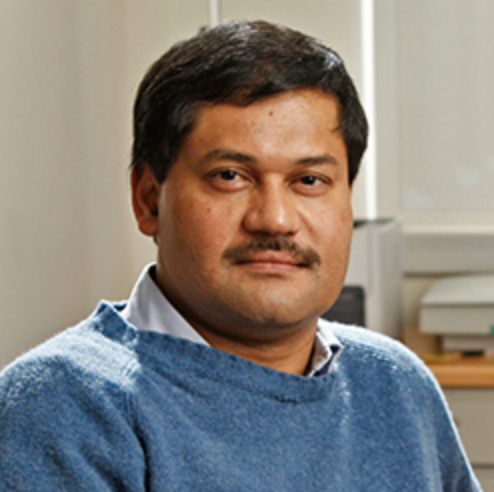 |
Gautam Biswas is a professor of computer science/engineering and engineering management in the EECS Department and a senior research scientist at VU-ISIS. He has an undergraduate degree in Electrical Engineering from the Indian Institute of Technology (IIT) in Mumbai, India, and M.S. and Ph.D. degrees in Computer Science from Michigan State University in E. Lansing, MI. Prof. Biswas conducts research in Intelligent Systems with primary interests in hybrid modeling, simulation, and analysis of complex embedded systems, and their applications to diagnosis, prognosis, and fault-adaptive control. He has worked on fault-adaptive control of fuel transfer systems for aircraft, and Advanced Life Support systems for NASA. He has also initiated new projects in health management of complex systems, which includes online algorithms for distributed monitoring, diagnosis, and prognosis. |
Wednesday, July 29: Sandeep Neema (Slides found here)
|
|
Dr. Sandeep Neema is a research associate professor of electrical engineering and computer science at Vanderbilt University, and a senior research scientist at the Institute for Software Integrated Systems. In between his time at Vanderbilt, he joined DARPA in July 2016. Dr. Neema participated in numerous DARPA initiatives through his career including the Transformative Apps, Adaptive Vehicle Make, and Model-based Integration of Embedded Systems programs. His research interests include cyber physical systems, model-based design methodologies, distributed real-time systems, and mobile software technologies. Dr. Neema has authored and co-authored more than 100 peer-reviewed conference, journal publications, and book chapters. He holds a doctorate in electrical engineering and computer science from Vanderbilt University, and a master’s in electrical engineering from Utah State University. He earned a bachelor degree in electrical engineering from the Indian Institute of Technology, New Delhi, India. |

